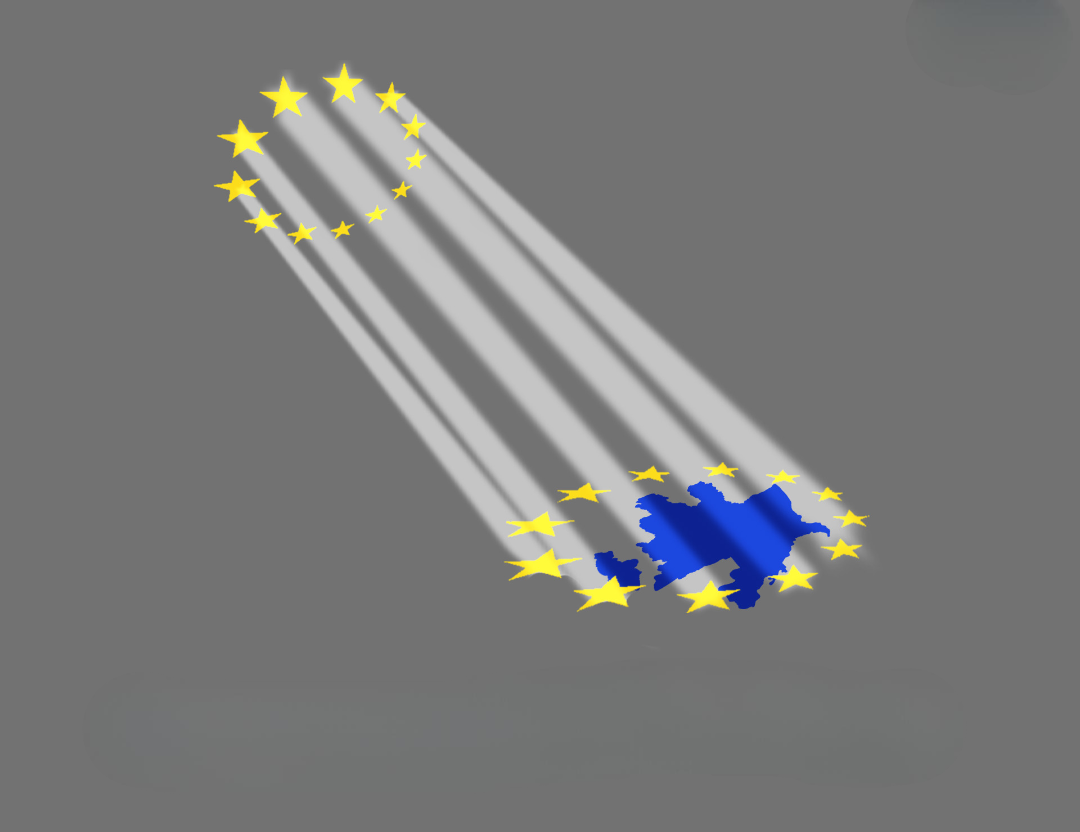From energy to diplomacy, Azerbaijan proves indispensable to Europe’s agenda

President Ilham Aliyev’s participation in the VI Summit of the European Political Community (EPC) in Tirana marked a pivotal moment in Azerbaijan's evolving relationship with the European continent. As a nation historically caught in the balance of East-West power dynamics, Azerbaijan has steadily repositioned itself—not just as a regional actor but as a dependable and strategic partner in Europe’s expanding geopolitical and energy landscape.
Azerbaijan’s invitation to the EPC Summit for the second time as a high-level guest underscores this transformation. While critics in the West have at times attempted to sideline Baku with biased narratives or political campaigns, Tirana made it clear: Azerbaijan’s voice matters. This is a result of a deliberate and successful foreign policy—rooted in multi-vector diplomacy, strategic resource management, and a results-oriented approach to regional security.
The flurry of bilateral meetings held by President Aliyev on the summit sidelines—with EU officials, and heads of government from countries such as the UK, Hungary, Slovakia, Albania, and the Czech Republic—was not just a demonstration of diplomatic agility. It reflected a broad European acknowledgment that Azerbaijan is no longer a passive neighbor on the EU’s periphery, but an essential partner in tackling issues ranging from energy diversification to conflict resolution.
The country's energy diplomacy is central to this shift. Azerbaijan, which significantly contributes to regional energy security, is enhancing energy cooperation with partner countries. Azerbaijan's gas exports to Europe rose by 8.6 percent in 2024, reaching 12.9 billion cubic meters. Last year, our country produced 50.3 billion cubic meters of natural gas. In comparison to 2023, production increased by 2 billion cubic meters.
Yet, the significance of the Tirana summit lies beyond energy. The very platform of the EPC was designed to foster unity and strategic dialogue across the continent, especially amid the fragmentation accelerated by the war in Ukraine. In this context, Azerbaijan’s role as a stabilizing force is increasingly appreciated. President Aliyev’s engagement on humanitarian and security issues—along with COP29 preparations—presents Baku as a country contributing not only to its own prosperity but to broader continental stability.
The summit also carried symbolic weight. It marked a turning point in dispelling the narrative that EU-Azerbaijan relations had hit a downward trajectory. That perception, largely fueled by the actions of the previous EU leadership and biased resolutions from the European Parliament, is now being reevaluated. The interest shown by current EU leaders such as Ursula von der Leyen, Antonio Costa, and Kaja Kallas suggests a recalibration is underway. The previous era of marginalization—amplified by Armenia’s lobbying efforts and attempts to monopolize EU attention—is giving way to a more balanced and pragmatic engagement with Azerbaijan.
As in the case of the United States, where relations with Azerbaijan significantly improved following President Donald Trump’s return to office, the EU also appears to be shifting its tone. President Trump’s message of appreciation for Azerbaijan’s regional role and its support for peace with Armenia reflects a wider Western recognition: that lasting solutions in the South Caucasus require direct engagement with Azerbaijan, not just rhetorical support for Yerevan.
Still, this renewed interest must translate into policy consistency. Azerbaijan has long been vocal about double standards in international relations—particularly from institutions that profess to uphold fairness while ignoring Armenia’s historical aggression, including violations of international law and unfulfilled agreements like the Almaty Declaration. For relations to genuinely normalize, the EU must reject selective engagement and support mechanisms that ensure equal respect for sovereignty and territorial integrity.
Finally, the Tirana Summit may come to be seen as a geopolitical inflection point—not only for Azerbaijan’s standing in Europe but for the continent’s broader approach to the South Caucasus. As the region’s most powerful state and a bridge between the Caspian and Europe, Azerbaijan has made its position clear: peace, stability, and cooperation are possible, but only on the basis of mutual respect and clear-eyed diplomacy.
In conclusion, the VI EPC Summit was not just a diplomatic event—it was a public acknowledgment of Azerbaijan’s rising stature. It showed that despite past attempts to isolate or undermine it, Azerbaijan is a regional force that cannot be ignored. With energy leverage, strategic geographic position, and a leader skilled in international negotiation, Azerbaijan is shaping the contours of regional cooperation and anchoring itself firmly in the European political architecture.
Image source: Topchubashov Center
Here we are to serve you with news right now. It does not cost much, but worth your attention.
Choose to support open, independent, quality journalism and subscribe on a monthly basis.
By subscribing to our online newspaper, you can have full digital access to all news, analysis, and much more.
You can also follow AzerNEWS on Twitter @AzerNewsAz or Facebook @AzerNewsNewspaper
Thank you!

